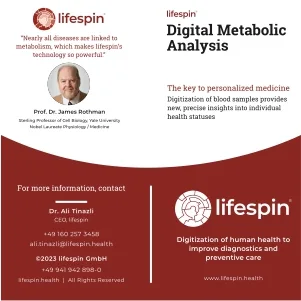Malawi, Mozambique, Zambia and Zimbabwe are facing an unprecedented surge of cholera cases, Oxfam warned today.
The aid agency says the situation could become uncontrollable and difficult to manage due to a steady increase of Covid19 cases and the onset of the rainy season, especially as the majority of vulnerable communities have no access to clean water and sanitation facilities – both of which are essential to prevent the spread of cholera.
Machinda Marongwe, Oxfam in Southern Africa Programme Director, said: “The unprecedented rate of cases and deaths is terrifying, and utterly overwhelming the health systems of these countries. The outbreak is spiraling into an uncontrollable health crisis, and news that health workers in Zambia are also testing positive for Covid calls for an urgent multipronged response.”
In the last seven days, Zambia alone has recorded almost 3500 new cases and 124 deaths, including babies, on top of more than 9500 cases and 374 deaths since last October. In just one week the country’s capital, Lusaka, saw an over 70 per cent jump in cases and 175 per cent increase in deaths. The Zambian government has been forced to delay the reopening of schools by three weeks and has designated the National football stadium as a treatment centre to ease pressure on health facilities.
Zimbabwe has recorded 1839 cases and 39 deaths in the last seven days. It has seen 16,568 cases and 67 confirmed deaths – with a further 297 suspected deaths – since February last year.
Mozambique has seen its deadliest cholera outbreak in decades, with over 37,000 cases over the past year.
Malawi has declared a public health emergency following 1700 deaths since the outbreak began in November 2022.
Marongwe, said: “Governments and agencies in the region need immediate funding to swiftly implement activities and projects that would help improve people’s hygiene and access to clean water, since these two factors are key in the fight against the spread.”
According to Southern Africa Development Community (SADC), only 61 per cent of the region’s population currently has access to safe drinking water and only two out of every five people have access to adequate sanitation.
Ezra Banda of Keepers Zambia Foundation, Oxfam’s partner implementing the cholera response: “The challenge with many Zambians now is information gap on how they can prevent contracting cholera and this is exacerbated with lack of access to clean and safe water but also sanitation facilities.”
Since the outbreak last year, Oxfam has been closely working with local partners and government departments and ministries in Malawi, Mozambique, Zambia and Zimbabwe to support affected communities. It has provided more than 1.5 million people with hygiene kits and access to clean water, including by drilling and rehabilitating boreholes, installing solar powered water pumping and distribution systems in public health facilities and markets. Oxfam and partners have also been conducting awareness campaigns to help curb the spread of the outbreak. However, scaling up its response requires an additional $3 million, according to the agency.












